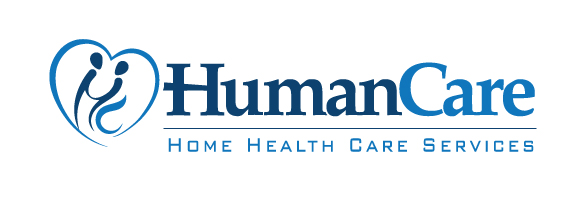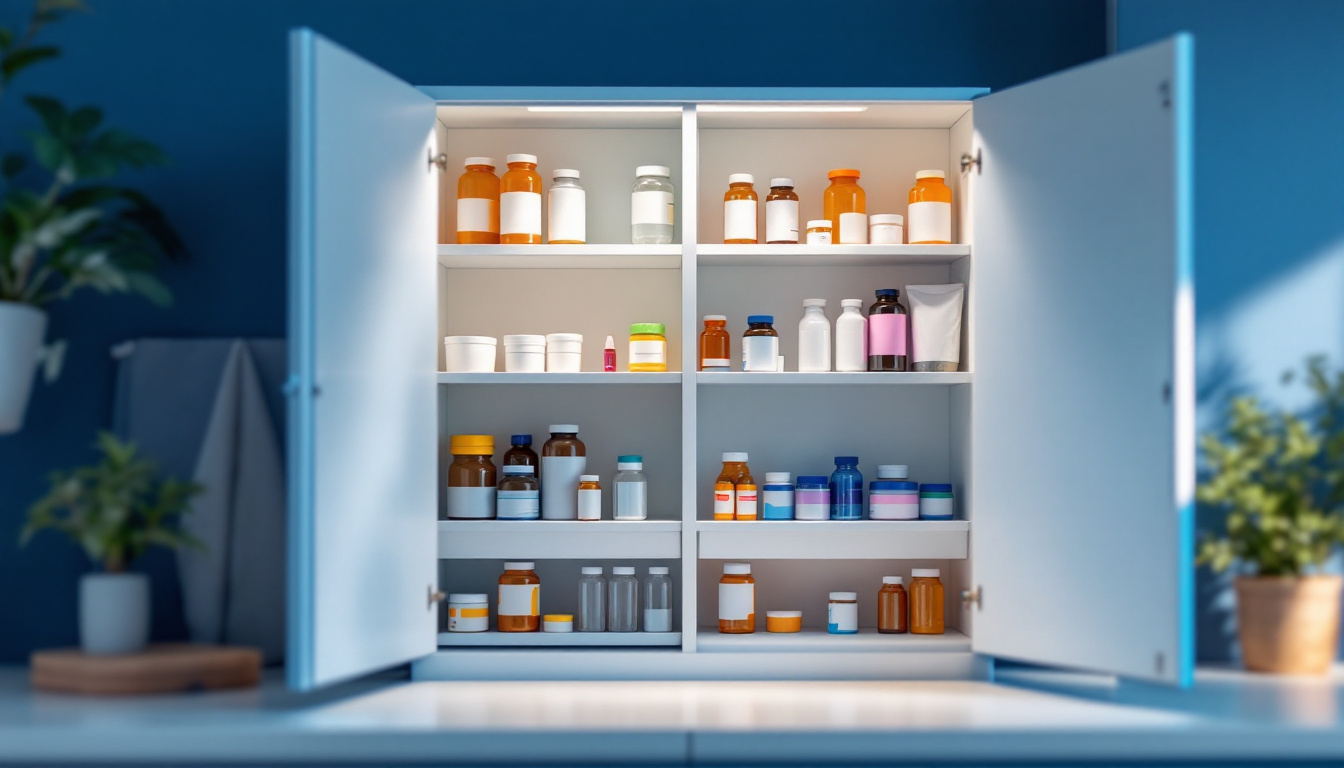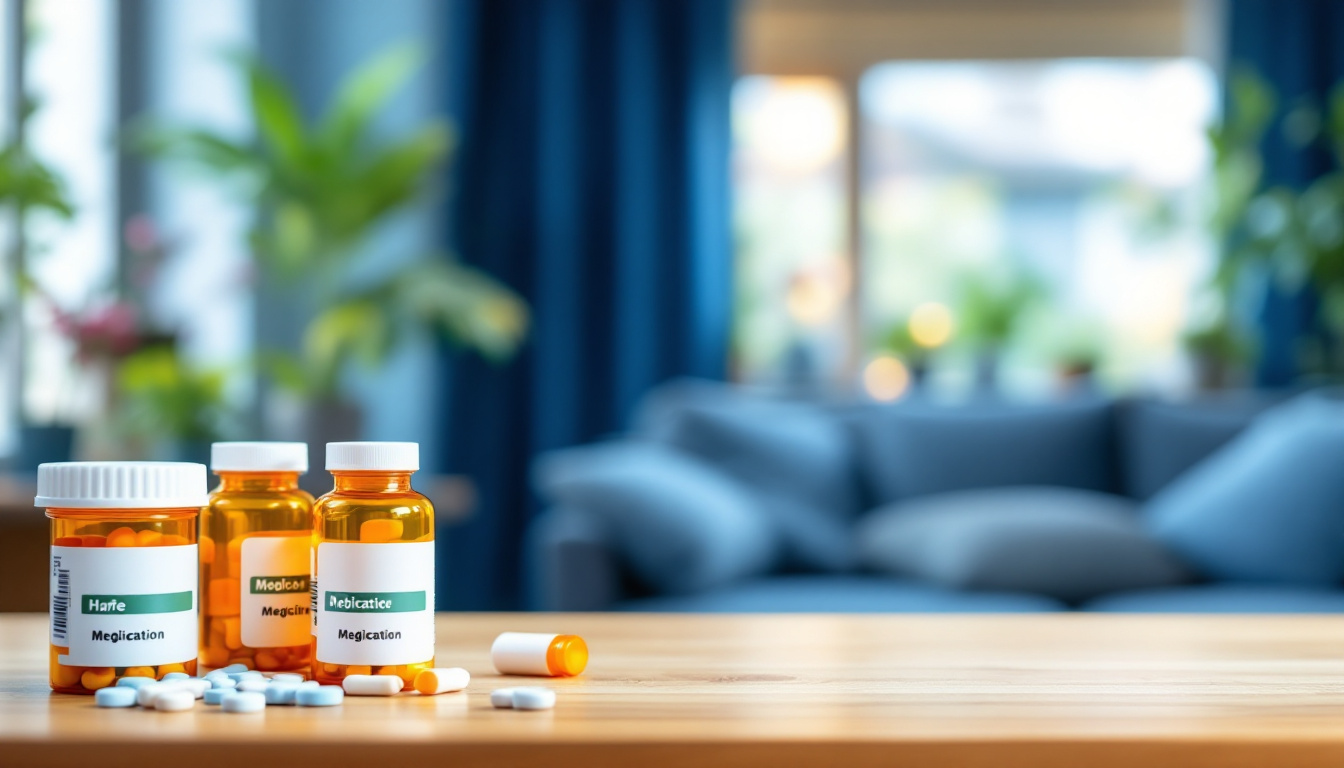How Technology Can Improve Medication Management
Harnessing Technology for Improved Medication Management Pathways

Introduction
In the rapidly evolving landscape of healthcare, medication management emerges as a crucial focus for enhancing patient outcomes and safety. The integration of advanced technologies is transforming how medications are prescribed, monitored, and adhered to, creating a more efficient and precise medication management system. This article delves into the various technological advancements that are shaping the future of medication management, examining their roles, benefits, and challenges.
The Role of Technology in the Medication Use Process
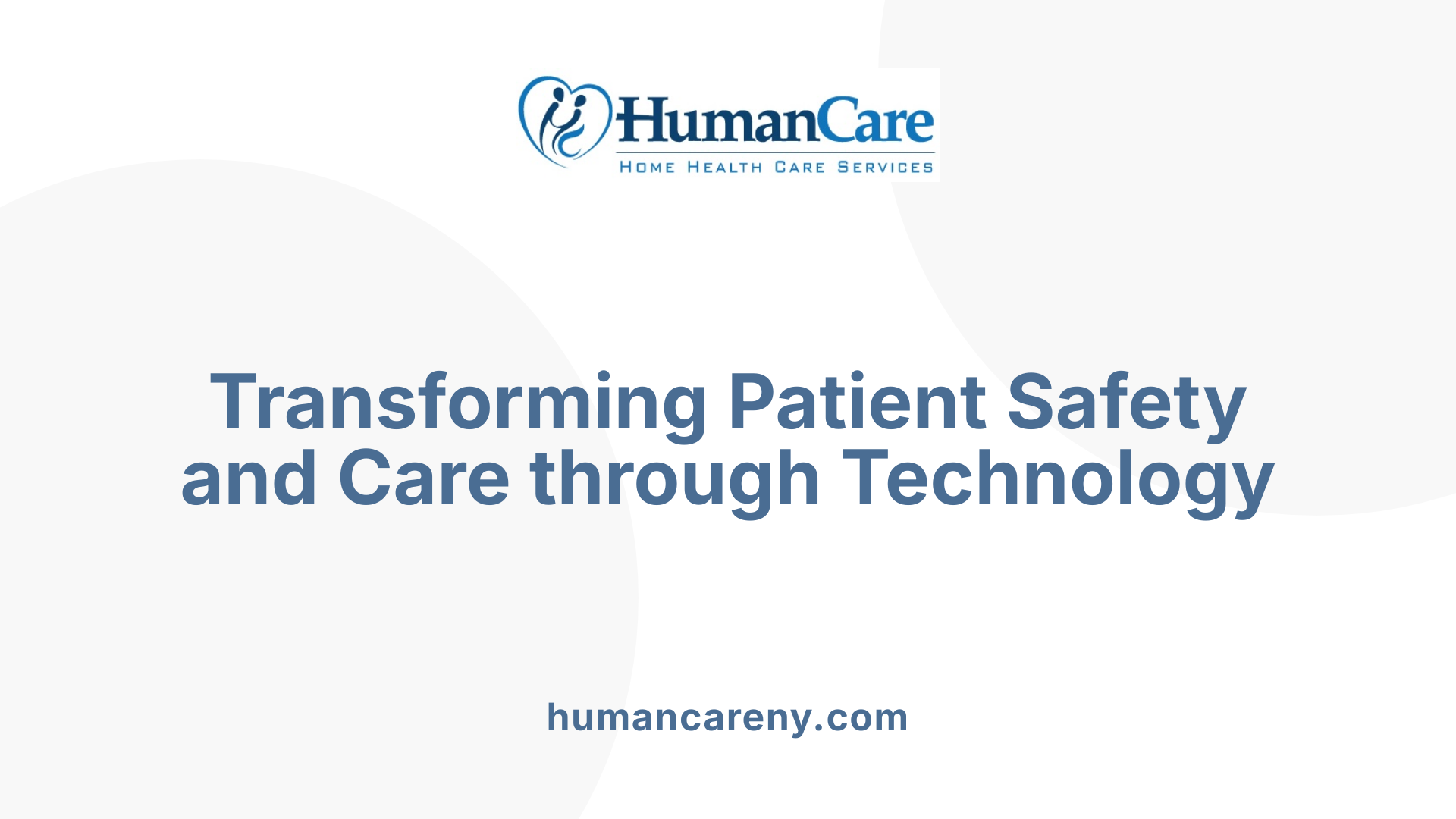
What is the role of technology in the medication use process?
Technology plays a crucial role in the medication use process by enhancing accuracy and safety. One significant advancement is the implementation of electronic health records (EHRs), which centralize patient information such as allergies, medications, and medical history. This comprehensive view allows healthcare providers to select the right medications tailored to each patient's specific needs, forestalling potential adverse interactions.
Reducing medication errors
To further reduce medication errors, clinical decision support systems (CDS) are utilized within EHRs. These systems alert healthcare professionals to potential drug interactions, contraindications, and other critical information, making prescribing safer and more efficient. It’s noteworthy that common medication errors occur during the ordering phase, with incorrect dosing being the most frequent issue.
Enhancing adherence with automated systems
Automated dispensing systems and mobile health apps significantly boost patient adherence to medication regimens. Automated systems ensure the timely dispensing of accurate doses, mitigating the risks of human error. Mobile health applications provide users with reminders and tracking capabilities, facilitating active engagement in their treatment plans. Together, these technologies streamline the medication use process, enhance patient safety, and foster better health outcomes.
Technological Enhancements in Medication Safety
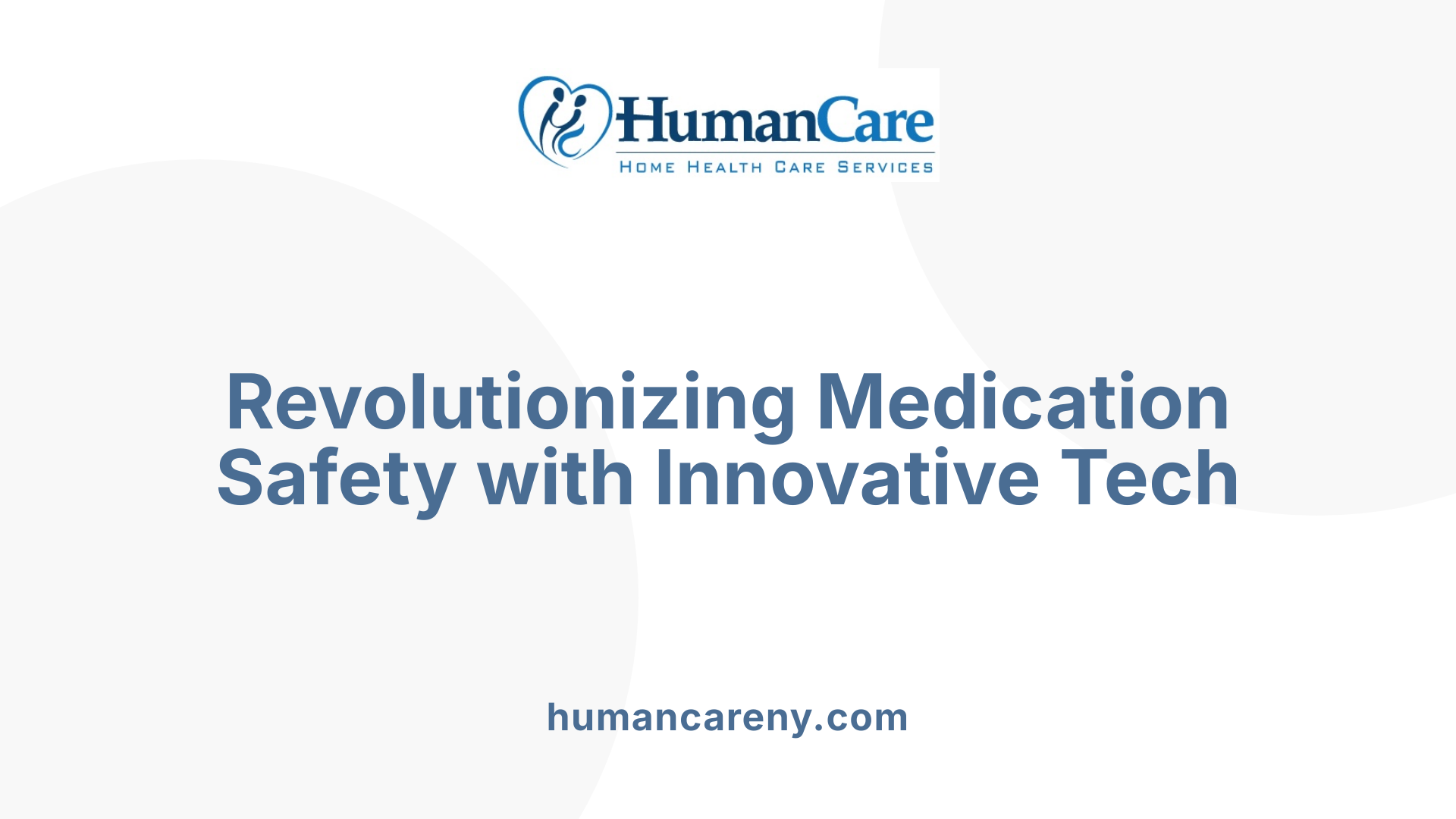
How has technology improved medication safety?
Technology has significantly transformed medication safety in various impactful ways. One of the major advancements is the implementation of Computerized Physician Order Entry (CPOE) systems. These systems are designed to reduce serious medication errors, with studies indicating that they can lower such errors by up to 55% and overall medication errors by as much as 83%.
Automation in medication dispensing
Automation plays an essential role in medication management. Technologies like automated dispensing systems (ADS) utilize robotics and barcoding to ensure accurate medication dispensing. This not only minimizes human error but also enhances efficiency in workflows, allowing healthcare professionals to allocate more time towards direct patient care.
Integration of decision support systems
Moreover, the integration of computerized clinical decision support (CDS) systems is crucial for medication safety. These systems provide timely alerts regarding potential drug interactions, allergies, and dosing discrepancies. By delivering relevant information at the point of care, CDS helps clinicians make informed decisions quickly, contributing to better patient outcomes.
Despite the persistent high rates of medication errors within healthcare systems, the continuous evolution and integration of technology show promise in addressing these challenges. Effective reporting systems that cultivate a non-punitive atmosphere for discussing errors further support this environment, allowing for lessons learned to enhance safety protocols. Overall, the interplay between such advancements is expected to refine the delivery and management of medications, fostering a safer therapeutic landscape for patients.
Can Technology Boost Medication Adherence?
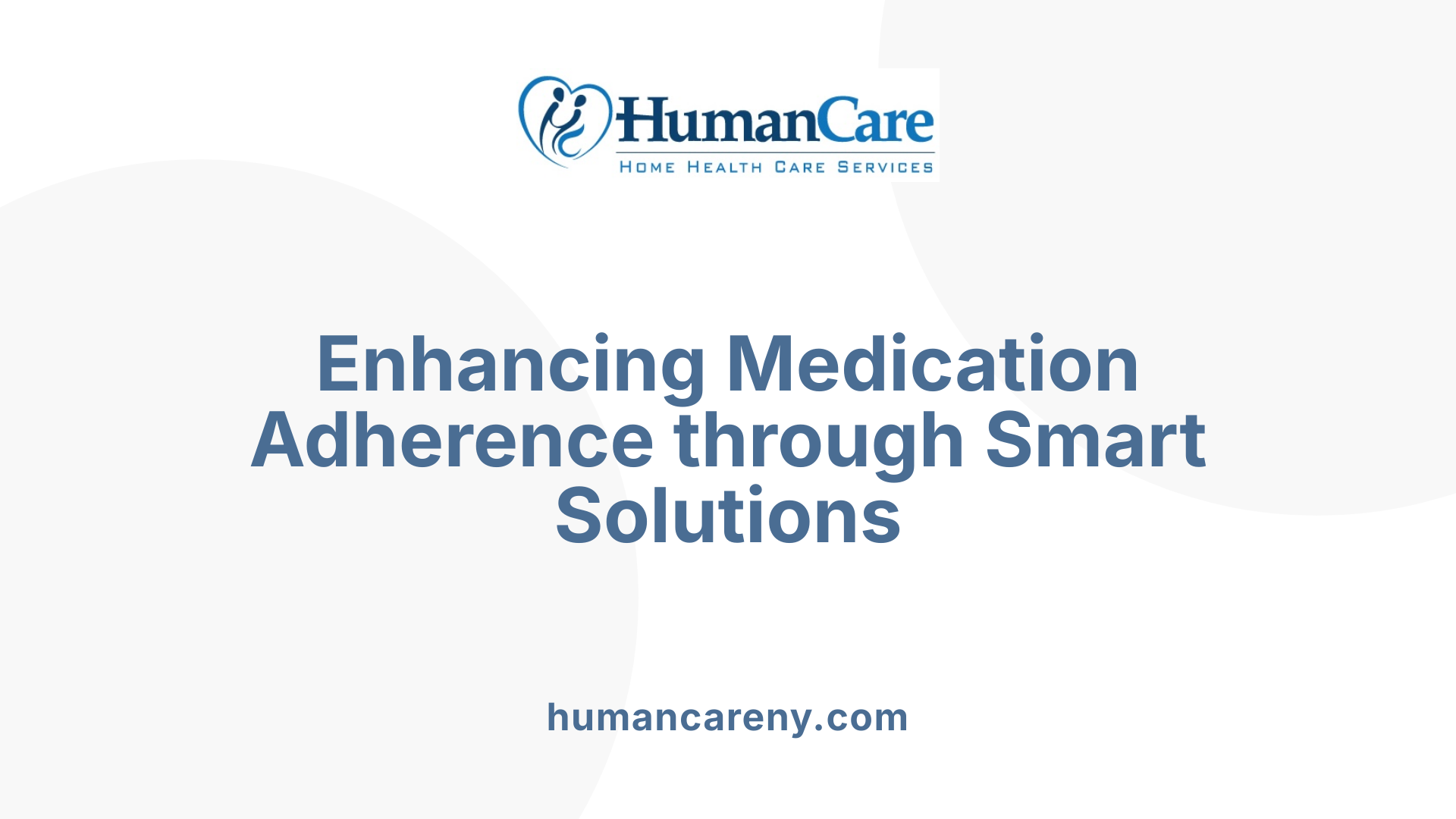
Can technology improve medication adherence?
Technology can indeed improve medication adherence through various interventions such as reminders, electronic reconciliation, and tailored educational information. A variety of technological tools exist, including smart pill dispensers, mobile health applications, and telehealth services, each designed to bolster adherence to prescribed medications.
Research indicates that these technology-based interventions yield mixed results, but certain solutions have shown success, particularly among cardiovascular patients, where the importance of adhering to treatment regimens is paramount.
Interventions and reminders
The most common technological interventions include:
- Smart Pill Dispensers: These devices not only dispense the correct dosage at scheduled times but can also alert patients to missed doses, enhancing adherence.
- Mobile Health Apps: Applications can send automatic reminders, helping patients remember to take their medications, thus combating forgetfulness, a major barrier to adherence.
- Telehealth Platforms: By facilitating remote consultations, these platforms enable healthcare providers to monitor patient adherence more effectively. This collaboration helps address patient concerns and optimize medication therapy.
Impact on cardiovascular patients
For patients with cardiovascular issues, effective adherence is critical due to the severe consequences of non-compliance, including increased risks of heart attacks and strokes. Technology serves as a supportive tool, promoting better communication between healthcare providers and patients. Studies have shown that consistent monitoring through these technologies can lead to improved health outcomes for this group.
COVID-19 pandemic insights
The COVID-19 pandemic has posed unique challenges, especially for older adults managing multiple medications—a condition known as polypharmacy. The crisis raised the risk of adverse drug reactions among this population. To mitigate these complications, strategies such as electronic medication reconciliation have become essential. Integration of technology with traditional in-person healthcare has emerged as a promising method to address these challenges and improve adherence. Strengthening the dialogue between patients and healthcare providers, along with multidisciplinary collaboration, marks a path forward in enhancing medication management systems.
Modernizing Medicine through Technological Advancements
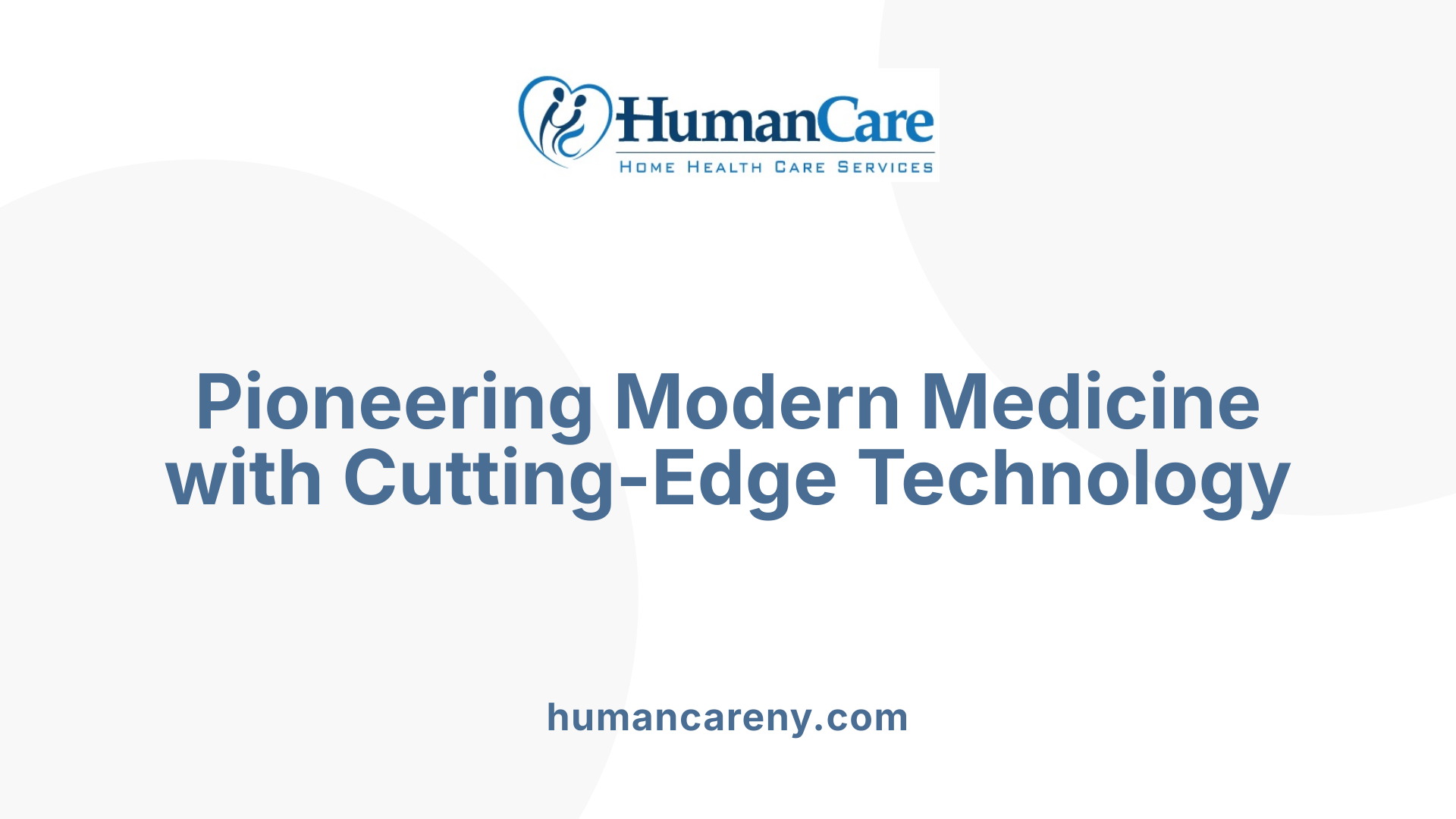
In what ways has technology modernized medicine?
Technology has modernized medicine in various impactful ways. One significant advancement is the integration of automation and predictive analytics within healthcare processes. For instance, automated systems can streamline appointment scheduling, effectively optimizing patient flow and reducing wait times, which ultimately enhances care delivery.
A critical aspect of modern medicine is the interoperability among medical devices and centralized platforms. This interconnectedness enables seamless access to patient data, which enhances informed decision-making by clinicians. As a result, healthcare providers can offer tailored treatment plans based on comprehensive insights gathered from various sources.
Furthermore, remote patient monitoring has transformed how healthcare is delivered. Wearable devices continuously track vital signs and medication adherence, assisting in the early detection of health issues such as adverse drug reactions or metabolic instability, which often result in decreased hospital stays and better management of chronic diseases.
AI-powered diagnostic tools have emerged as another frontier in modern medicine. These tools can analyze vast amounts of patient data rapidly, aiding clinicians in making more accurate diagnoses and treatment plans. Coupled with telemedicine platforms, these technologies extend care access, particularly benefitting patients in remote or underserved areas by providing virtual consultations and timely follow-up.
Overall, the fusion of advanced technologies within healthcare is paving the way for more personalized and efficient patient care, setting a new standard for modern medicine.
Comprehensive Monitoring with Modern Tools
Real-time adherence tracking
Accurate measurement of medication adherence is vital in healthcare, yet it remains a global challenge. Technologies have emerged that enable real-time tracking of individual medication-taking behaviors. These tools, including electronic pill bottles and boxes, help healthcare providers monitor adherence in real-time, enhancing patient management and potential outcomes.
While many of these technologies can track when a medication bottle is opened, they often do not confirm if the medication was ingested, highlighting limitations. For instance, smart pill bottles can send reminders and track usage, but they rely on proxy measures that may not guarantee actual compliance.
Benefits of electronic pill bottles and boxes
The advent of electronic pill bottles and boxes provides several advantages:
- Monitoring Capabilities: They track when a patient opens the bottle, providing data to physicians.
- Alerts and Reminders: These systems remind patients when to take medications, addressing forgetfulness—a common reason for nonadherence.
- Enhanced Communication: Real-time data allows healthcare providers to intervene promptly if adherence issues arise.
In summary, while electronic pill bottles and boxes represent significant advancements in medication adherence technology, their efficacy depends on various factors, including ensuring that actual ingestion aligns with recorded activities. Further exploration into refining these technologies is essential.
The Promise and Pitfalls of Real-Time Monitoring
Proxy Measures of Adherence
The monitoring of medication adherence via technologies shows significant promise, particularly through real-time tracking systems like electronic pill bottles, smart dispensers, and mobile health apps. However, many of these technologies rely on proxy measures, such as when a pill bottle is opened or when a blister pack is accessed. While these indicators allow for the continuous tracking of medication-taking behaviors, they do not definitively confirm that medications have been ingested as prescribed. This disparity raises concerns about the true effectiveness of such systems in ensuring patient adherence.
Importance of Validated Assessment Criteria
To improve the adoption of medication adherence technologies, it is crucial to establish a set of validated assessment criteria. Proposed criteria comprise aspects like technology features, data collection methods, and usability, which aim to guide the development of reliable monitoring systems. Future studies need to validate these criteria further to enhance the efficacy of adherence technologies. This validation could lead to more effective solutions that genuinely reflect patient behaviors, improving outcomes for those managing complex medication regimens.
Innovations in Medication Administration
Smart Pill Dispensers and Digital Therapeutics
Smart pill dispensers and digital therapeutics are transforming medication management. These devices automate the dispensing process and ensure patients receive the right dose at the correct time. For instance, smart dispensers provide alerts for missed doses and help prevent errors, thereby enhancing patient adherence. Similar advancements in digital therapeutics, like the Insula platform for diabetes management, offer software-based interventions that assist patients in tracking their medication regimens.
Features such as personalized reminders and progress tracking empower patients to adhere to their treatment plans more effectively. Programs like PillPack deliver pre-sorted doses directly to patients, addressing medication management complexities.
Telehealth Applications for Medication Adherence
Telehealth applications are increasingly being used to improve medication adherence by providing real-time monitoring and remote consultations. These platforms utilize technologies like smartphone apps to send automatic reminders, tackle forgetfulness issues, and promote better medication management practices.
Moreover, telehealth services establish collaborative care networks among patients, healthcare providers, and pharmacies. This integration streamlines communication, allowing for timely interventions when adherence issues arise. As a result, these innovations not only enhance adherence rates but also contribute to improved patient outcomes across various healthcare settings.
| Technology Type | Features | Benefits |
|---|---|---|
| Smart Pill Dispensers | Automated dispensing, alert notifications | Reduces errors, enhances adherence |
| Digital Therapeutics | Software interventions, progress tracking | Supports self-management, improves outcomes |
| Telehealth Applications | Real-time monitoring, remote consultations | Timely interventions, enhances communication |
Leveraging AI and Machine Learning for Medication Management
Automated decision-making
Artificial intelligence (AI) and machine learning (ML) are transforming medication management by creating more efficient and proactive care strategies. These technologies allow for the automation of decision-making, enabling healthcare professionals to monitor patient adherence in real-time.
With the integration of AI into pharmacy technology, systems can analyze patient data, forecast potential non-adherence, and trigger appropriate interventions. By automating certain aspects of medication management, healthcare providers can focus more on patient care rather than administrative tasks, leading to improved efficiency and patient engagement.
Predictive analytics for health outcomes
Predictive analytics plays a vital role in optimizing health outcomes. By evaluating vast amounts of data, AI can identify adherence patterns and predict future behaviors. This information helps clinicians make timely, informed decisions regarding medication adjustments and patient education.
For instance, machine learning algorithms can analyze historical and real-time data to guide healthcare providers in tailoring medication plans that align with patient needs. Such targeted interventions can significantly reduce the incidence of medication errors and enhance overall patient safety. By harnessing AI and ML in medication management, healthcare systems can improve adherence rates and foster better health outcomes for patients.
Elderly Care and Polypharmacy Challenges
Navigating Complex Medication Regimens
A significant challenge in elderly care is polypharmacy, defined as the concurrent use of five or more medications. With over 54% of adults aged 65 and older taking four or more medications, the complexity of managing these regimens increases, raising the risk for medication errors and adverse effects. Older adults often deal with multiple chronic conditions, requiring intricate medication schedules that can be difficult to adhere to.
Moreover, medication nonadherence is a prevalent issue in this demographic, as studies indicate that nearly 50% of patients fail to follow prescribed medication regimens properly. Reasons often include confusion about dosages, forgetfulness, or side effects stemming from drug interactions, which can lead to severe health complications.
Electronic Medication Management Systems for Seniors
To tackle these challenges, electronic medication management systems have emerged as vital tools in senior living communities. These systems streamline the medication administration process and enhance the accuracy of medication delivery by integrating features such as:
| Feature | Description | Benefits |
|---|---|---|
| Pharmacy Integration | Seamless connection between pharmacies and healthcare providers | Reduces errors and ensures timely refills |
| Electronic Medication Administration Records (eMAR) | Tracks medications administered to patients | Prevents missed doses and ensures adherence |
| Role-Based Workspaces | Customizable access tailored to user responsibilities | Promotes efficient workflow among staff |
| Barcode Scanning | Verifies medications and doses before administration | Enhances safety and accuracy |
By leveraging these systems, healthcare providers can enhance patient adherence and safety. Features like automatic reminders for medication intake can significantly reduce missed doses, promoting better health outcomes. Thus, tailored electronic management solutions can alleviate the burdens of polypharmacy and empower seniors in their medication management.
Integrating ICT and Telehealth for Better Outcomes
How do collaborative care networks improve medication adherence?
Collaborative care networks play a vital role in ensuring effective medication management. By leveraging information and communication technology (ICT), these networks connect patients, healthcare providers, and pharmacists, facilitating seamless communication and information sharing. This integration allows all relevant stakeholders to monitor patient adherence more closely, fostering a cooperative environment to address medication issues promptly.
What role do closed-loop healthcare paradigms play in medication management?
Closed-loop healthcare paradigms established through telehealth services enhance medication management by creating a feedback loop between patient and provider. This setup not only aids in the timely identification of adherence challenges but also supports ongoing adjustments to medication regimens based on individual patient responses and needs.
Benefits of ICT and Telehealth in Medication Management
- Real-time monitoring: Technologies such as mobile apps enable healthcare professionals to gather data on adherence patterns automatically.
- Automated reminders: Telehealth applications can send reminders to patients about medication schedules, significantly addressing issues like forgetfulness.
- Data sharing: Enhanced collaboration promotes data-driven decision-making, improving patient engagement and outcomes in medication therapy management.
| Feature | ICT Benefits | Telehealth Role |
|---|---|---|
| Real-time Data Access | Facilitates immediate tracking of adherence | Enables feedback loops |
| Patient Engagement | Increases motivation through reminders | Allows remote consultations |
| Collaboration | Involves healthcare teams in decision-making | Connects patients with providers |
The convergence of ICT and telehealth nurtures a proactive approach to medication management, ultimately leading to better health outcomes.
Addressing Medication Errors and Enhancing Safety
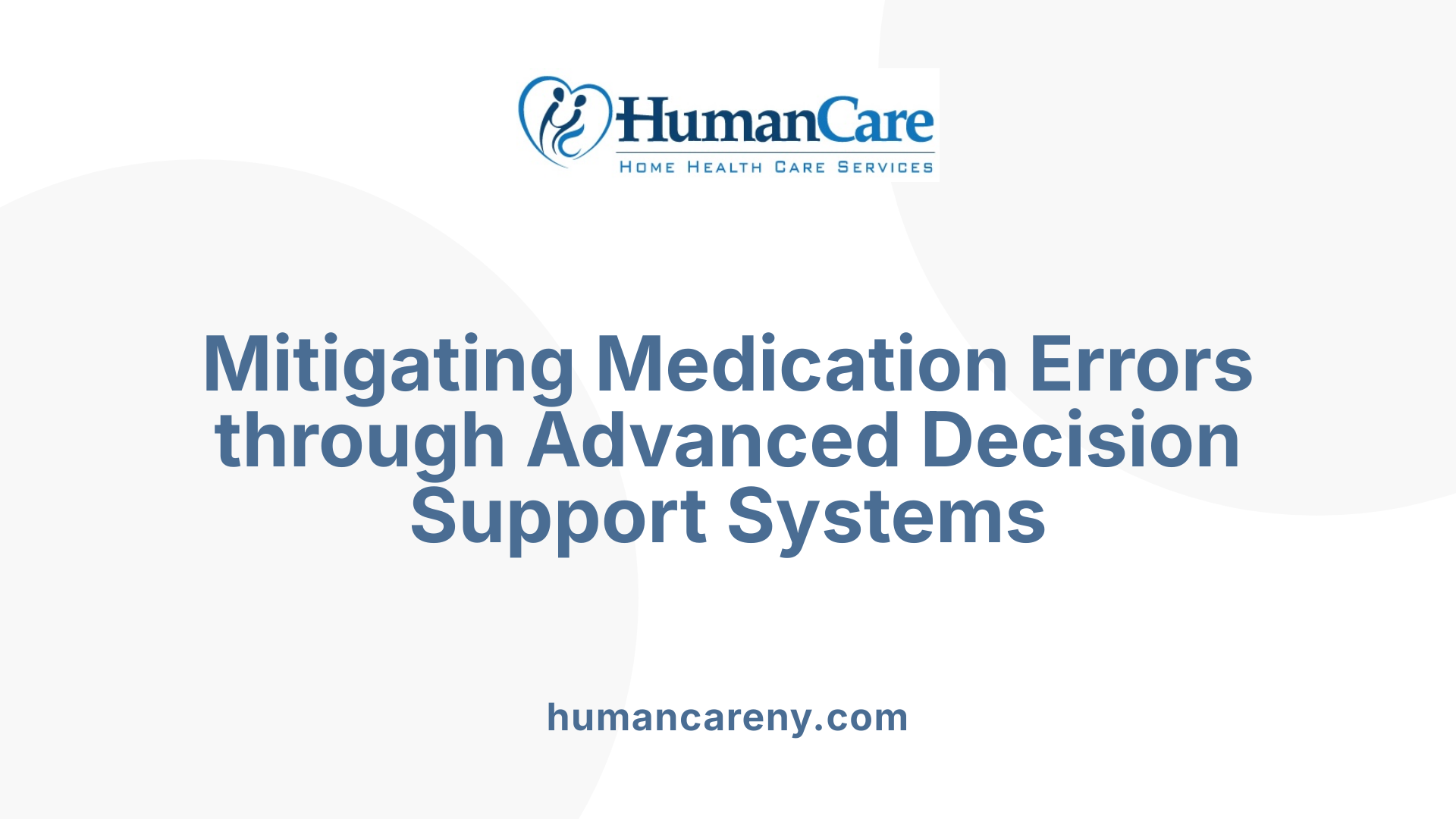
Impact of Medication Errors
Medication errors are a significant concern in healthcare, contributing to over 7,000 fatalities and 1.5 million injuries annually in the U.S. The World Health Organization (WHO) estimates treatment complications resulting from medication errors to cost healthcare systems upwards of $42 billion each year globally. In England alone, more than 237 million errors are recorded annually, leading to substantial financial costs and loss of lives. This critical nature requires innovative solutions to enhance medication management and patient safety.
Designing Effective CDS Systems
Clinical decision support (CDS) systems are pivotal in minimizing medication errors. Well-designed CDS systems provide timely, relevant information to clinicians, facilitating better decisions. They have been shown to address common issues such as unclear handwriting in medication orders and incorrect dosing. Integrating artificial intelligence (AI) into CDS can further enhance efficiency, reducing alert fatigue and predicting potential adverse events. By closely monitoring patient data, these systems help in proactively managing medication, ultimately improving patient outcomes.
Overall, developing robust CDS frameworks can significantly reduce the prevalent issues of medication errors, ensuring that medications are administered safely and correctly.
Adoption and Implementation Challenges
Privacy and Security Concerns
As medication management technologies become more integrated into patient care, concerns regarding patient privacy and data security have come to the forefront. With the rise of digital tools and connected devices, sensitive health information is transmitted and stored electronically, increasing the risk of breaches.
Healthcare providers must ensure that these systems comply with regulations such as HIPAA in the U.S., preventing unauthorized access to personal health information. Users may also distrust technologies that collect their data, making it essential for developers to build trust through transparency and rigorous security measures.
Cost and Accessibility Issues
The adoption of advanced medication management technologies often involves significant upfront costs for healthcare facilities. This can be a barrier, particularly for smaller practices or rural clinics with limited budgets. Additionally, ongoing maintenance and updates for technology systems further compound these costs.
Accessibility also remains a concern. Not all patients are tech-savvy, and those without smartphones or reliable internet may struggle to utilize these digital tools effectively. Ensuring equitable access to medication management technology is critical for improving adherence and patient outcomes across diverse populations.
| Challenge | Description | Potential Solutions |
|---|---|---|
| Privacy and Security Concerns | Risk of data breaches and unauthorized access to sensitive health information | Implement robust security measures and comply with regulations |
| Cost and Accessibility Issues | High upfront costs and disparity in tech access among patients | Develop budget-friendly options and educational resources for patients |
Conclusion
The integration of advanced technologies into medication management holds immense potential to transform care delivery and enhance patient outcomes. While the benefits are substantial, addressing the inherent challenges of implementation and ensuring these innovations are both accessible and effective for all patient populations will be key to realizing their full potential. Engagement with healthcare professionals and patients alike, alongside continued research and validation, will drive the future of medication management technology, ultimately leading to safer, more efficient healthcare systems.
References
- Technologies for Medication Adherence Monitoring and Technology ...
- Medication management needs information and communications ...
- From Missed Doses to Safer Practices: Technology Can Ease ...
- Technological advances in medication adherence - A:CARE
- How Medication Management Technology Can Improve Outcomes ...
- What Is The Technological Future Of Medication Management?
- Medication Management: Improving Adherence for Better Health
- Digital medication adherence systems: the technology-driven future ...
